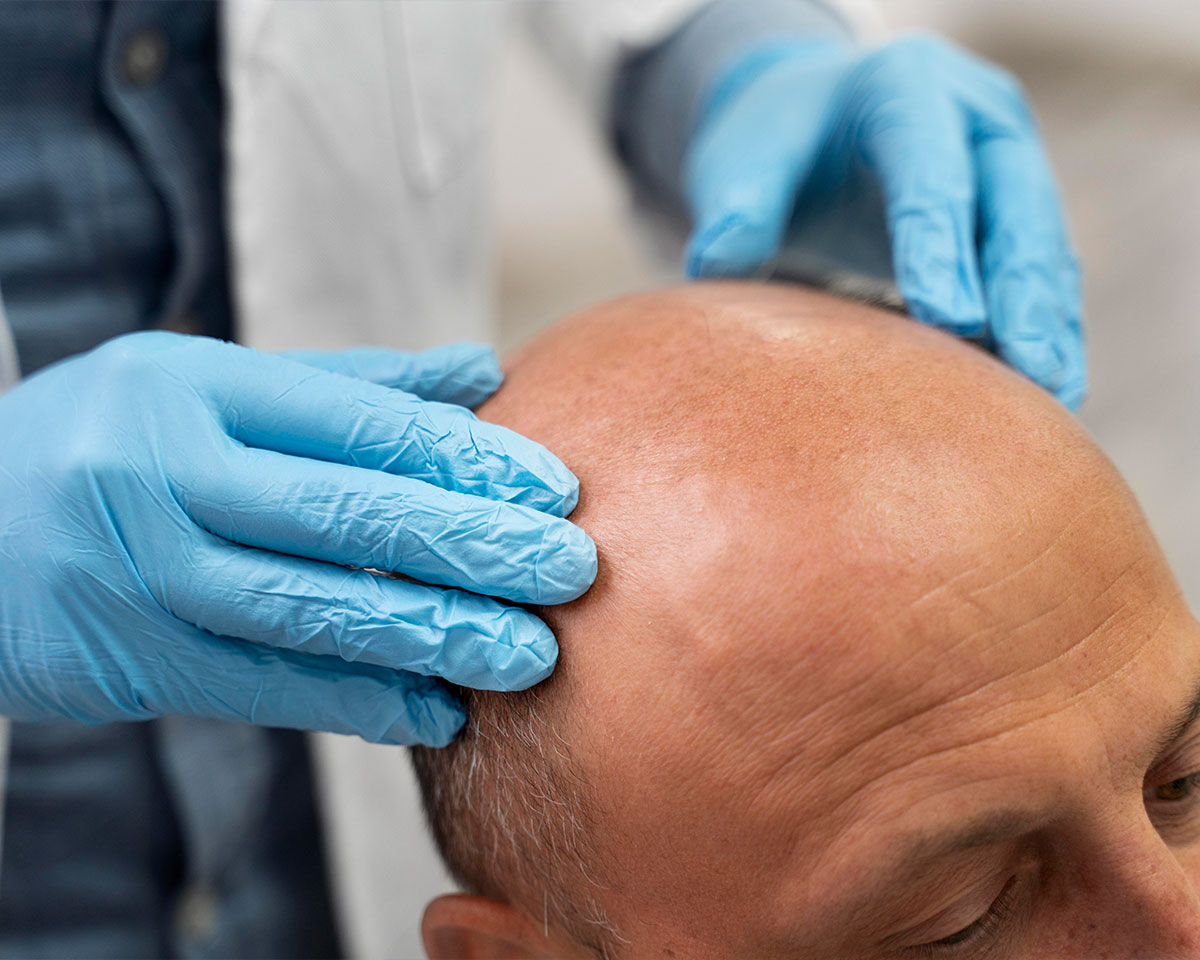
Avoiding Side Effects After Hair Transplantation: Essential Tips for a Smooth Recovery
Hair transplant surgery is a transformative procedure that can restore your hair and boost your confidence. While the procedure itself is safe and effective, it’s essential to take certain precautions and follow post-operative care instructions to minimize the risk of side effects and ensure a smooth recovery.
In this blog post, we will discuss essential tips to help you avoid potential side effects and optimize the results of your hair transplant surgery.
1. Follow Post-Operative Instructions:
Your hair transplant surgeon will provide detailed post-operative instructions specific to your case. It is crucial to follow these instructions diligently. They may include guidelines on how to care for the transplanted area, medications to take, and when to schedule follow-up appointments. Adhering to these instructions can promote healing and minimize the risk of complications.
2. Keep the Transplanted Area Clean:
Proper hygiene is essential to prevent infection and promote healing. Follow your surgeon’s guidelines on how to clean the transplanted area. This may involve using a gentle shampoo or cleanser provided by your surgeon and applying it carefully to the treated area. Avoid harsh scrubbing or rubbing and be gentle when washing your hair to avoid dislodging the transplanted hair follicles.
3. Protect the Transplanted Area:
During the initial healing phase, it is crucial to protect the transplanted area from any trauma or injury. Avoid activities that may put pressure or strain on the scalp, such as intense exercise, wearing tight hats or helmets, or sleeping on your stomach. Be cautious when combing or brushing your hair near the transplanted area to prevent dislodging the grafts.
4. Avoid Sun Exposure and Use Sun Protection:
Excessive sun exposure can be detrimental to the healing process and may lead to complications. Protect the transplanted area from direct sunlight for the first few weeks after the surgery. If sun exposure is unavoidable, use a wide-brimmed hat or apply a gentle sunscreen specifically recommended by your surgeon.
5. Avoid Smoking and Alcohol:
Smoking and alcohol consumption can hinder the healing process and negatively impact the success of your hair transplant. Both smoking and alcohol can constrict blood vessels, reducing blood flow to the scalp and impeding proper healing. It is best to refrain from smoking and limit alcohol consumption for a few weeks following the procedure.
6. Be Patient with the Healing Process:
Hair transplant surgery is a gradual process, and it takes time for the transplanted hair follicles to grow and blend with your existing hair. Avoid the temptation to assess the results too early in the recovery process. Be patient and allow your body sufficient time to heal and for the transplanted hair to start growing. It may take several months to see noticeable results.
7. Communicate with Your Surgeon:
If you experience any unusual or concerning symptoms during the recovery period, promptly communicate with your hair transplant surgeon. They are the best resource for addressing any concerns or questions you may have. By maintaining open communication, you can receive appropriate guidance and ensure that any potential side effects are addressed promptly.
Conclusion:
By following these essential tips and closely adhering to your surgeon’s instructions, you can minimize the risk of side effects and optimize the results of your hair transplant surgery. Remember, each individual’s recovery process may vary, so be patient and allow your body the time it needs to heal and for the transplanted hair to grow. With proper care and attention, you can achieve the desired outcome of a fuller, natural-looking head of hair.
